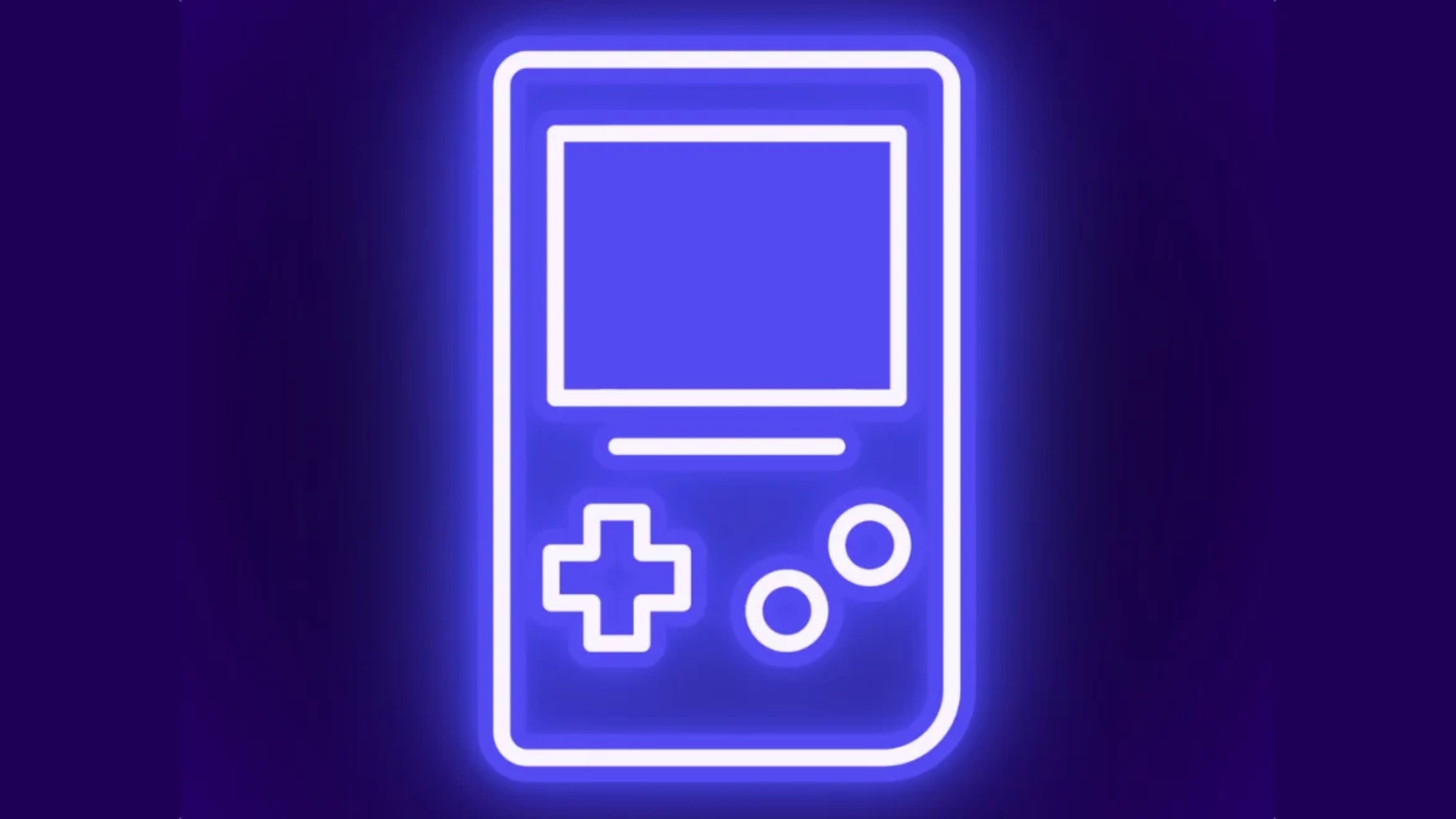
Former Apple Engineer Suing Old Employer Over ‘Find My iPhone’ Patent Credit
A former Apple engineer is suing his old employer to force it to acknowledge his role as the inventor of “Find My iPhone” and to compensate him for unfair dismissal.

According to a new report from The Mercury News, Darren Eastman, the inventor credited on an Apple patent for detecting battery errors, wants his name added to five Apple patent applications related to locating lost phones and electronic ticketing. Eastman is also seeking the return of 735 Apple shares he claims were unfairly taken from him, and $326,400 USD in damages, plus $32,640 in interest and $5,000 in attorney’s fees.
Eastman began working as an engineer at Apple in 2006, primarily because the late Apple CEO Steve Jobs was interested in his idea for a low-cost Mac for education, and wanted him hired directly out of graduate school, Eastman says in the court filing.
“When Jobs headed Apple, he told Eastman to notify him of any unresolved problems with the company’s products, and employees in general were expected to raise such concerns, Eastman said in a lawsuit filed Thursday in Santa Clara County Superior Court,” reads the report.
That changed after Jobs died in 2011, however, claims Eastman.
Under CEO Tim Cook, however, Eastman claims Apple’s commitment to quality has declined. “Many talented employees who’ve given part of their life for Apple were now regularly being disciplined and terminated for reporting issues they were expected to during Mr. Jobs tenure,” his complaint says.
“Cronyism and a dedicated effort to ignore quality issues in current and future products became the most important projects to perpetuate the goal of ignoring the law and minimizing tax.”
Eastman continues to explain a number of alleged wrongdoings by the Cupertino company, including the firing of his former manager in 2014 for criticizing a proposed project that the company had already twice failed to make work, then shortly afterward firing that same manager’s daughter for reporting toxic mold in the Apple building where she worked.
Eastman claims that he acquired seven disabilities while working at Apple. In 2013, he says he had neurosurgery, and that after eight months on leave, he returned to work four months earlier than expected and experienced retaliation, discrimination and eventually unlawful termination, or so he says.
Apple fired Eastman on September 26, 2014, citing unprofessional and inappropriate communications. He claims he was supposed to receive 735 shares of Apple stock after taxes; the shares were deposited to his brokerage account on October 15, 2014, he says, but were immediately retracted.
“Steve taught me many things, but the most important was that Apple’s greatest strength has always been its employees – many of whom make great sacrifices for Apple and deserve the same ethical treatment as if they were working for any other company,” he said.
“The responsibility which comes with treating your employees correctly will also help Apple fix its management and quality problems. Being the most valuable company in the world doesn’t mean anybody’s above the law. I dream of a day when fixing the toughest problems and delighting the customer return to being priorities again at Apple.”

